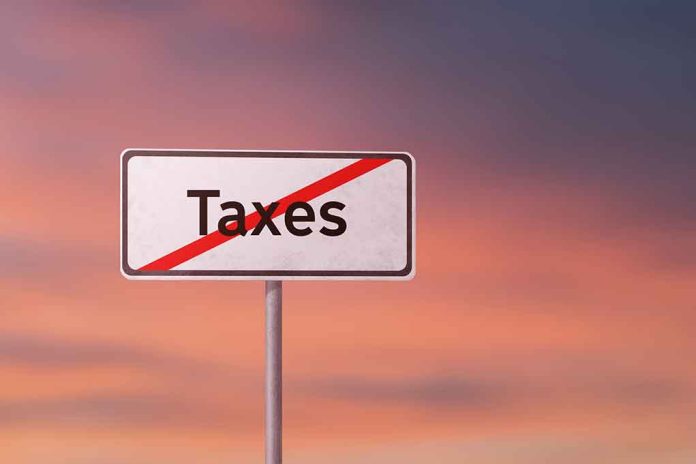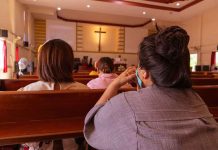
North Dakota voters face a pivotal decision in November 2024 that could reshape the state’s fiscal landscape: the elimination of property taxes.
At a Glance
- North Dakota’s Initiated Measure 4 proposes to eliminate property taxes based on assessed value.
- The measure would require the state to replace $3.15 billion in local government revenue for the 2025-2027 biennium.
- Supporters argue property tax is immoral and burdensome, while opponents fear harm to local economies and essential services.
- Over 100 organizations have formed the Keep It Local coalition to oppose the measure.
- If passed, the measure would take effect on January 1, 2025.
The Proposal: A Constitutional Shift in Taxation
North Dakota’s Initiated Measure 4, set for the November 5, 2024 ballot, proposes a constitutional amendment to prohibit state and local governments from levying taxes on the assessed value of real or personal property, except for bonded indebtedness. This measure represents a significant shift in the state’s approach to taxation and local government funding.
The initiative would limit political subdivision debt to 2.5% of real property value, with potential increases for cities and school districts through voter approval. If passed, the state would be required to replace property tax revenue for local governments, minus taxes for bonds, as of 2024.
Financial Implications and Debate
The fiscal impact of this measure is substantial. According to updated cost estimates, eliminating property taxes would require $3.15 billion for the 2025-2027 biennium to replace local government revenue. This figure represents a significant increase from previous projections, raising concerns about the state’s ability to manage such a transition.
“We’ve been working off of a figure of $2.6 billion, and so this is approximately another half a billion dollars that we need to come up with, realistically. We’re not in a good position to wait around until after November, after the election, to figure out if this passes. We have to start planning now.” – Senate Majority Leader David Hogue
Supporters of the measure, including Rick Becker, chair of the sponsoring committee, argue that the cost is inflated and manageable within the state’s budget. They contend that North Dakota’s strong financial position, particularly from oil and sales taxes, makes this transition feasible without increasing other taxes or cutting services.
Opposition and Concerns
The Keep It Local coalition, comprising over 100 organizations, strongly opposes the measure. They argue that eliminating property taxes would be detrimental to the state’s economy and essential services. Critics warn of potential increases in income and sales taxes or the introduction of new fees to compensate for the lost revenue.
“If it sounds too good to be true, it probably is; this measure would be detrimental to our economy, our citizens, and our state as a whole. There is no well vetted plan to make up the estimated $1.329 billion per year to cover property taxes to fund essential services. Let’s fight to keep control local; the state legislature has no business deciding what our cities and our counties need.” – Keep it Local ND
Concerns also extend to the potential loss of local control over funding decisions and the possible impact on the state’s economic competitiveness. Critics argue that shifting the responsibility for local revenue to the state could create a structural fiscal deficit and move away from the benefit principle of taxation.
Historical Context and Recent Actions
This isn’t the first time North Dakota has considered such a measure. A similar initiative, Measure 2, was defeated in 2012. However, the state has recently taken steps to address tax burdens, including passing the largest tax cut in North Dakota’s history, which included significant income tax relief and property tax credits totaling $515 million.
As the vote approaches, North Dakotans must weigh the potential benefits of property tax relief against the uncertainties and challenges of restructuring the state’s fiscal system. The outcome of this vote could have far-reaching implications for local governance, state finances, and the daily lives of North Dakota residents for years to come.
Sources:
- North Dakota Initiated Measure 4, Prohibit Taxes on Assessed Value of Real Property Initiative (2024)
- North Dakota voters may end most property taxes. Government programs could face huge cuts
- Campaign to eliminate property taxes gets vote in North Dakota
- North Dakota Considers Eliminating Property Taxes










